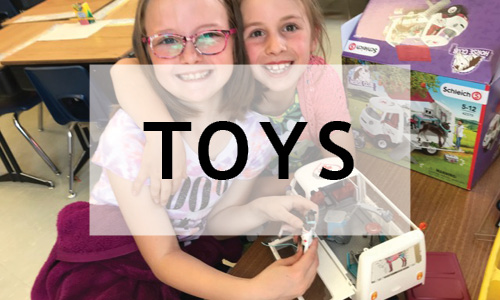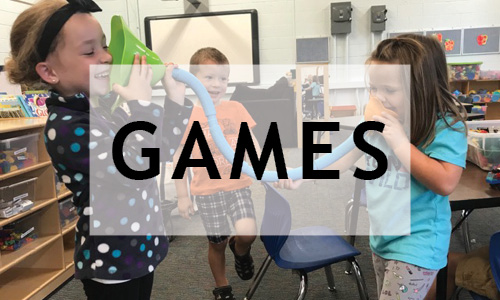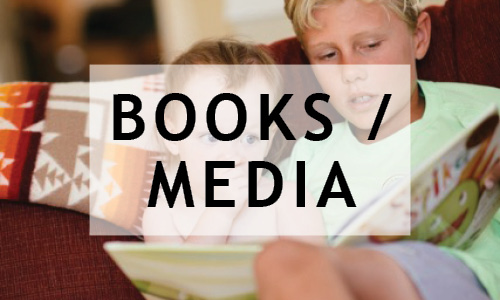 Many times our goal in speech therapy is for children to learn to build stories, adding details, descriptive words and generating a beginning, middle and end. We can use picture cards, photographs, objects and now “Rory’s Story Cubes” to generate ideas as kids add to their stories. Here is my review:
Many times our goal in speech therapy is for children to learn to build stories, adding details, descriptive words and generating a beginning, middle and end. We can use picture cards, photographs, objects and now “Rory’s Story Cubes” to generate ideas as kids add to their stories. Here is my review:
Kids love to roll dice–now they can toss nine picture cubes with clever images on each of the six sides and tell a story using the face up images. Set a theme ahead of time–“On our vacation we…” or just take turns adding to the story. The creative fun begins when kids choose a cube’s picture and start the story, interpreting the drawing as a concrete object or a more abstract concept. Kids chose the flashlight to continue their story on a more concrete level–“He grabbed the flashlight for the walk in the woods,” or to represent a more abstract concept–“The power went out.” The image of a hand represented “strength,” the cartoon bubble became “He had an idea,” and the eye conjured up “a three-eye alien.” There was no limit to the ingenuity that these cubes elicited. It was fun to sit back and watch childrens’ minds create. Many of the drawings are slightly obscure so a child can extrapolate as the abacus became a fence or a door and a co-centric series of arrows became a compass. With 54 possible images to use, there is unlimited potential for creative language learning with Rory’s Story Cubes. I have successfully used this storytelling game with kids younger than the recommended age of 8, and even had fun with kids on the autism spectrum as they learn to be more flexible and abstract with language.
Recommended age: 8 and up although younger kids can play
The opinions expressed are soley those of the author. “Rory’s Story Cubes” were provided for review by Gamewright.



